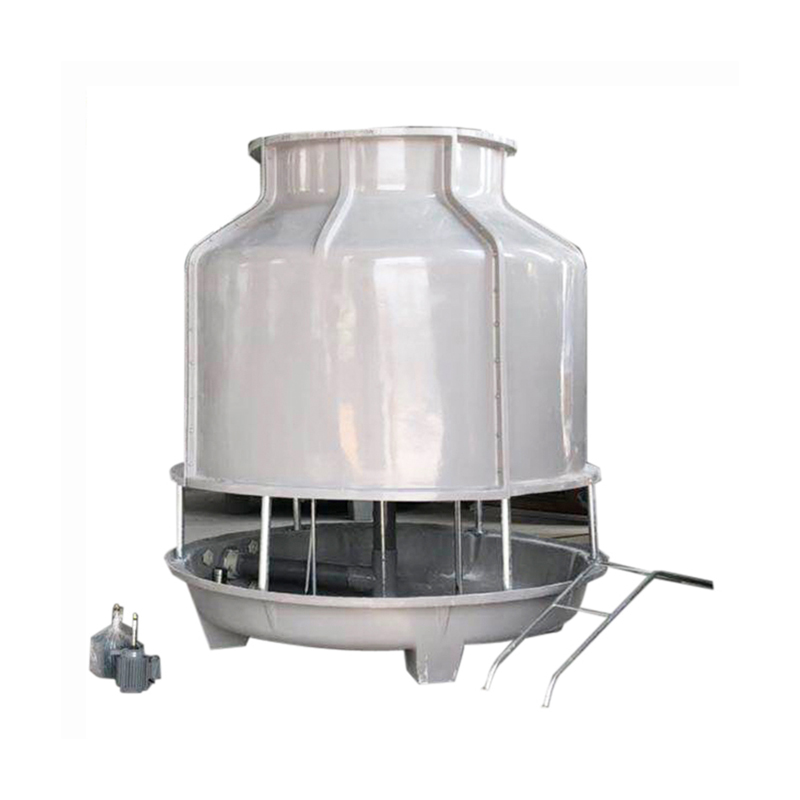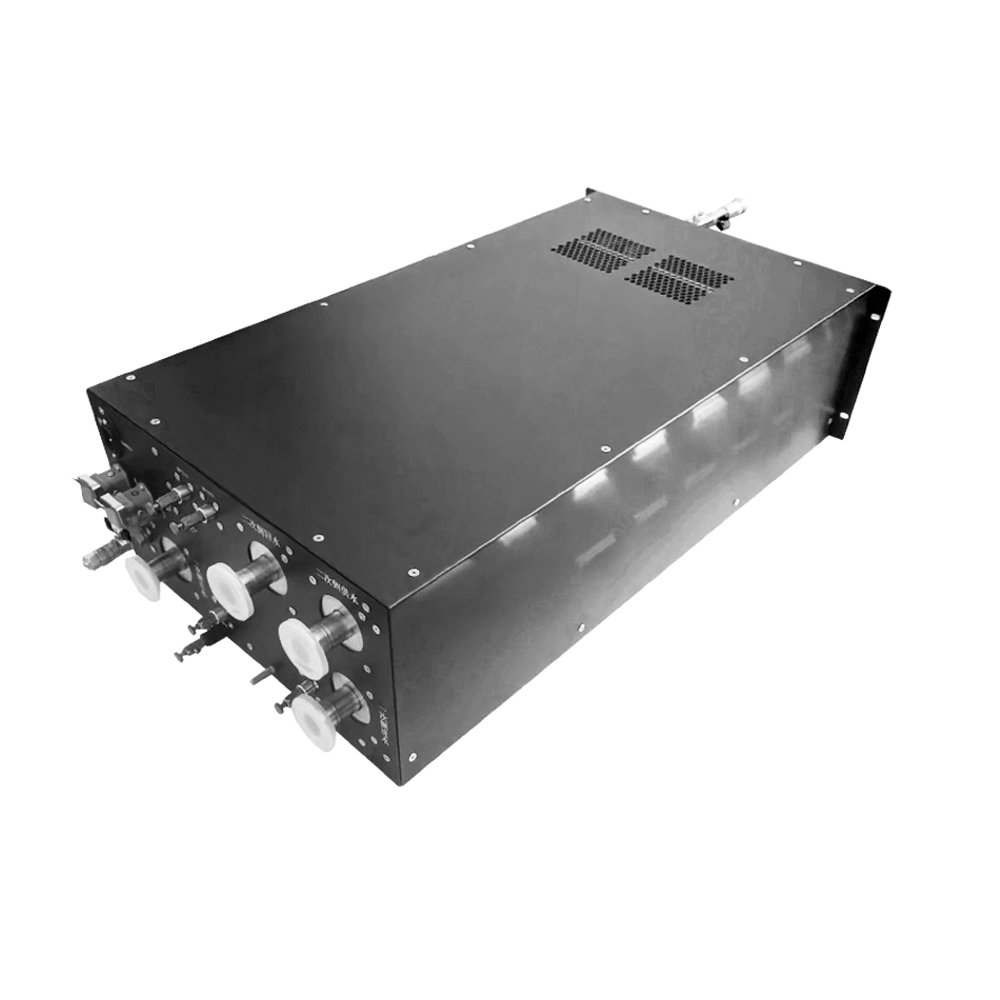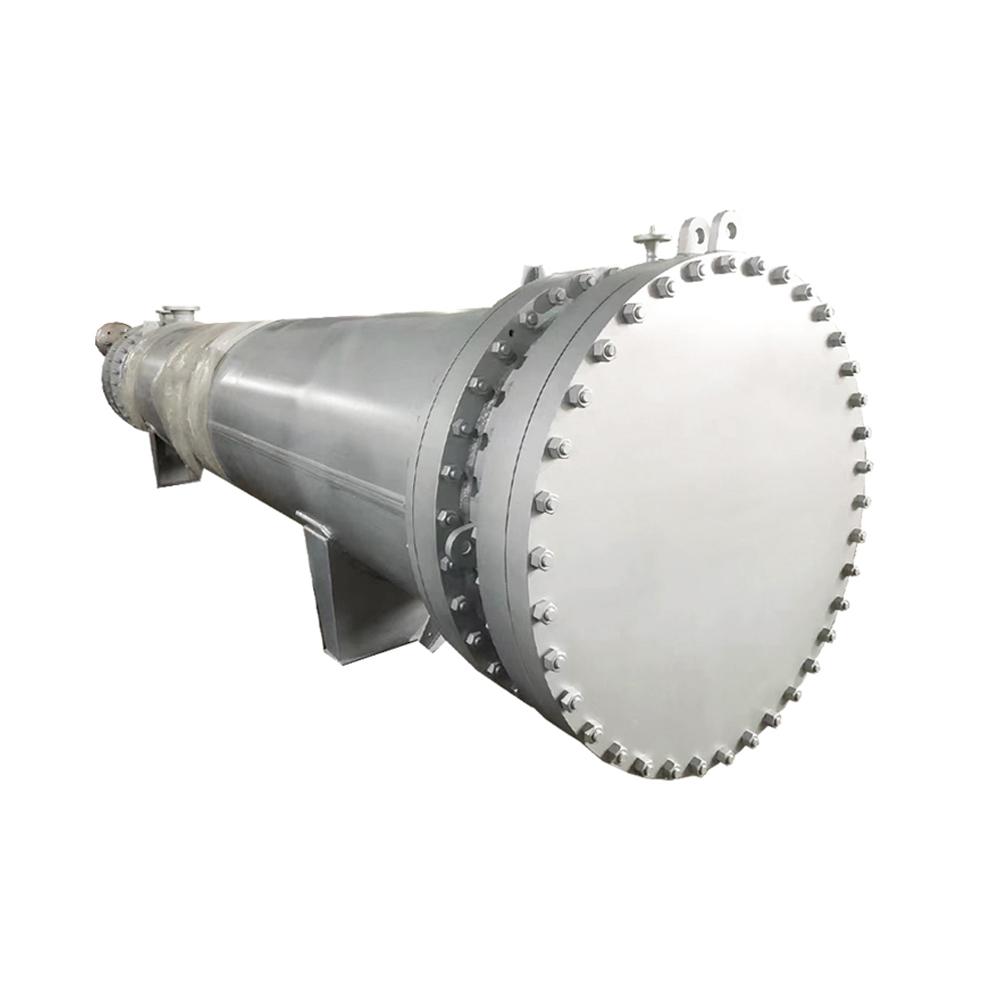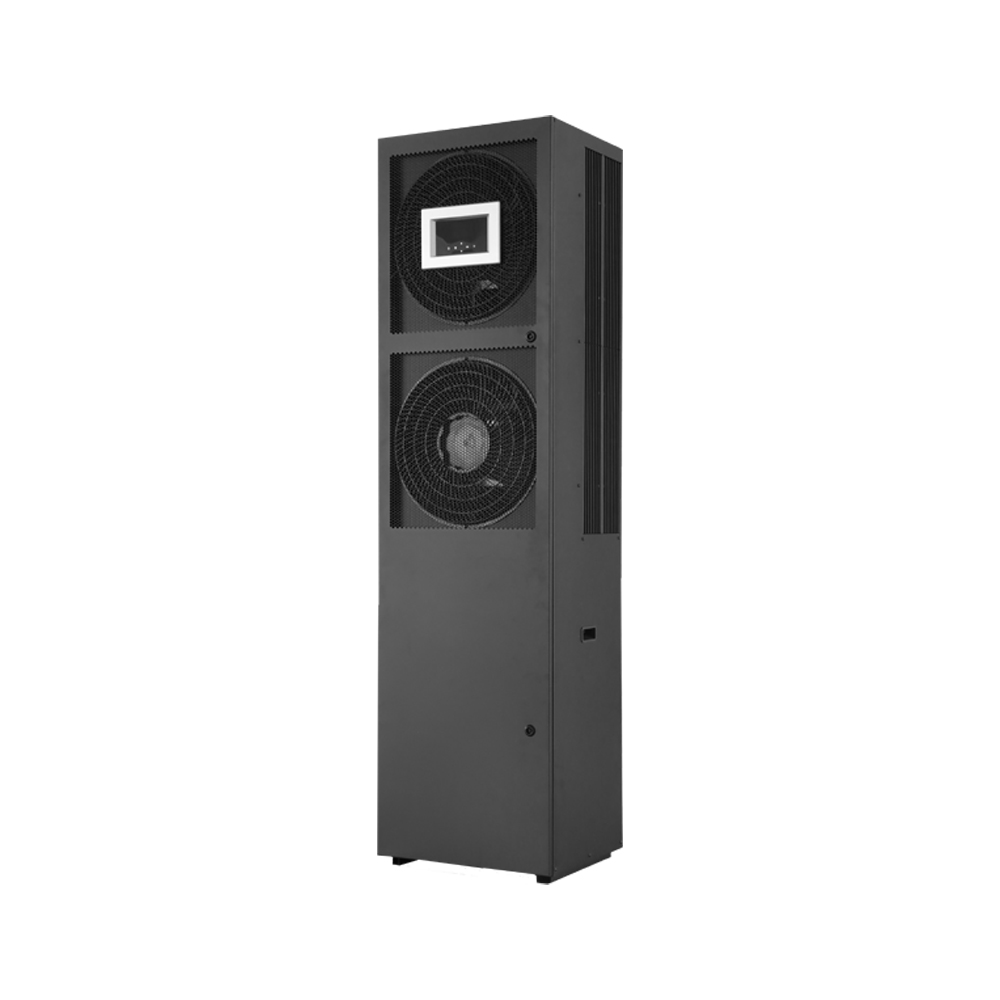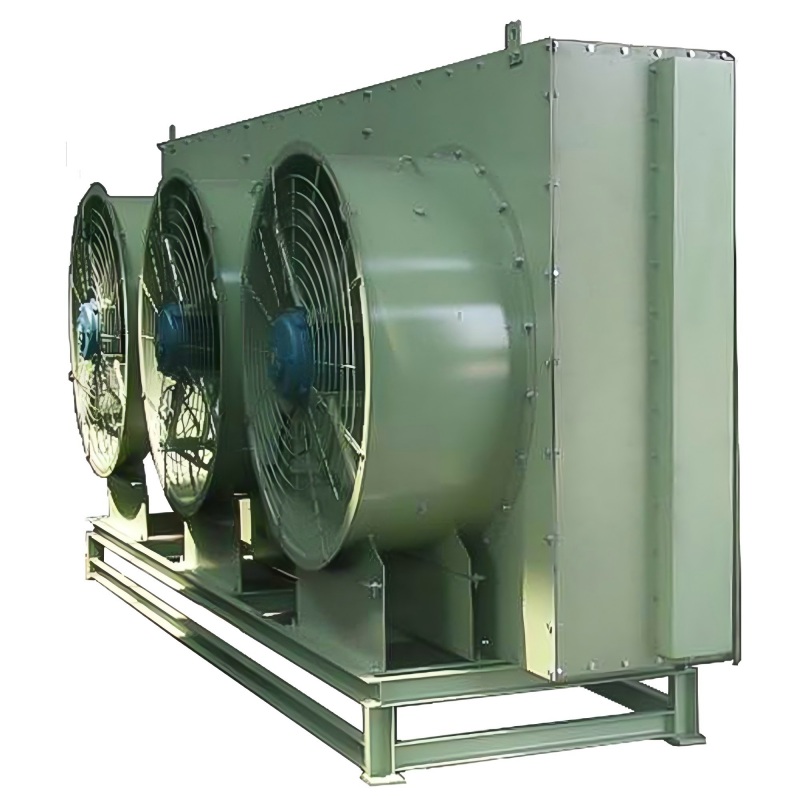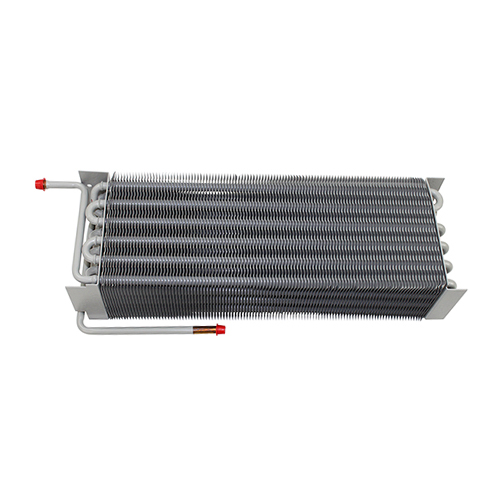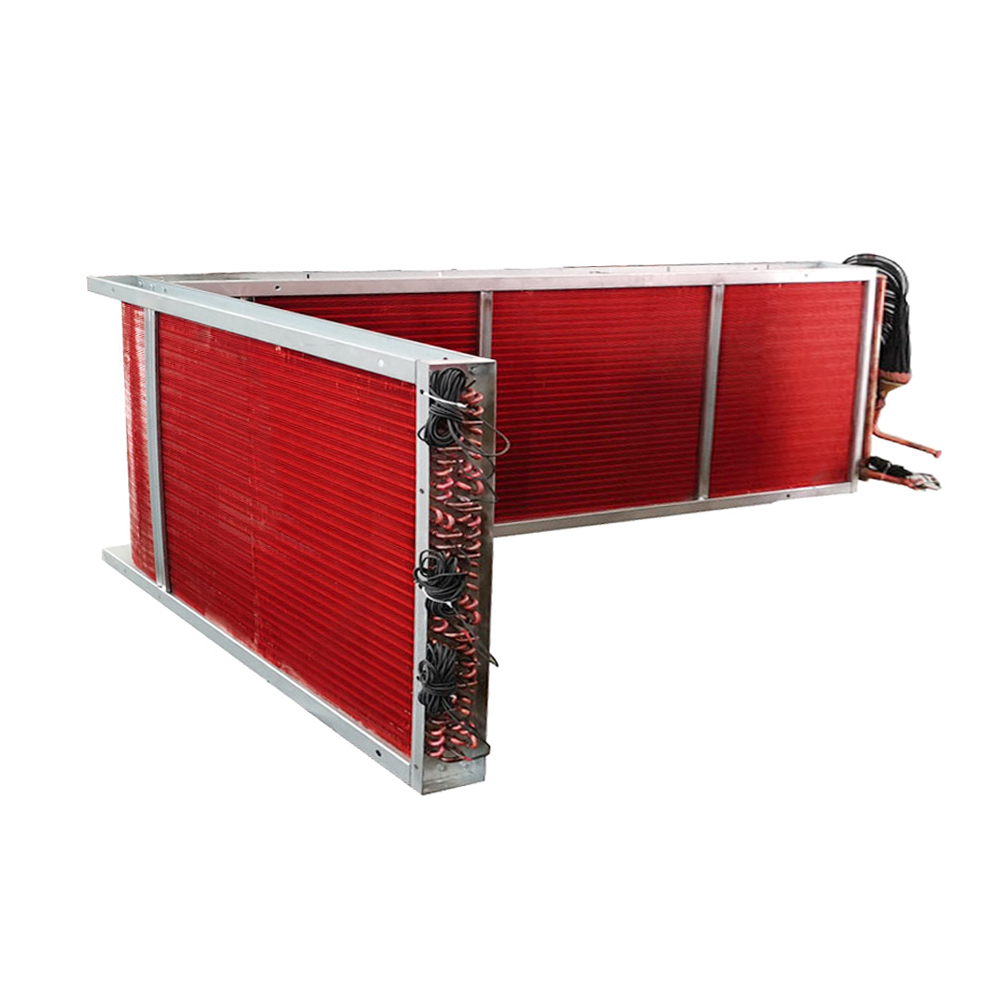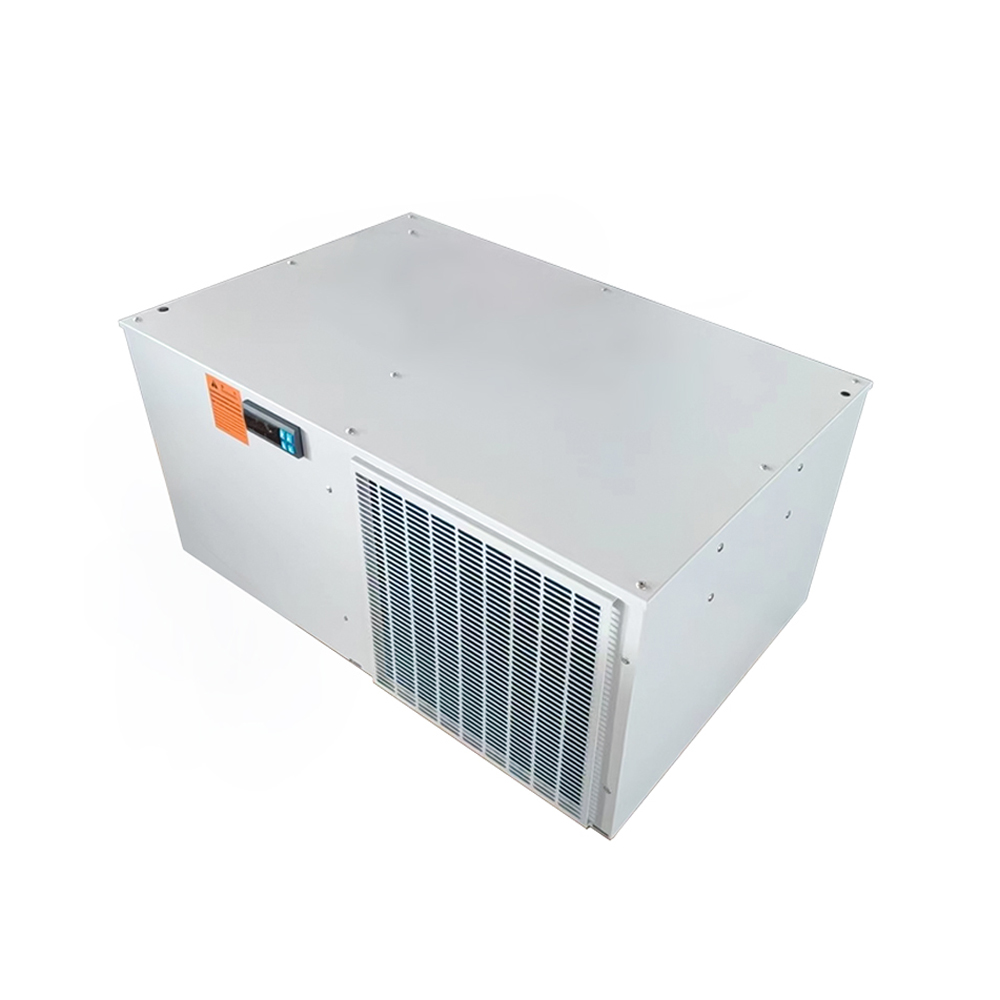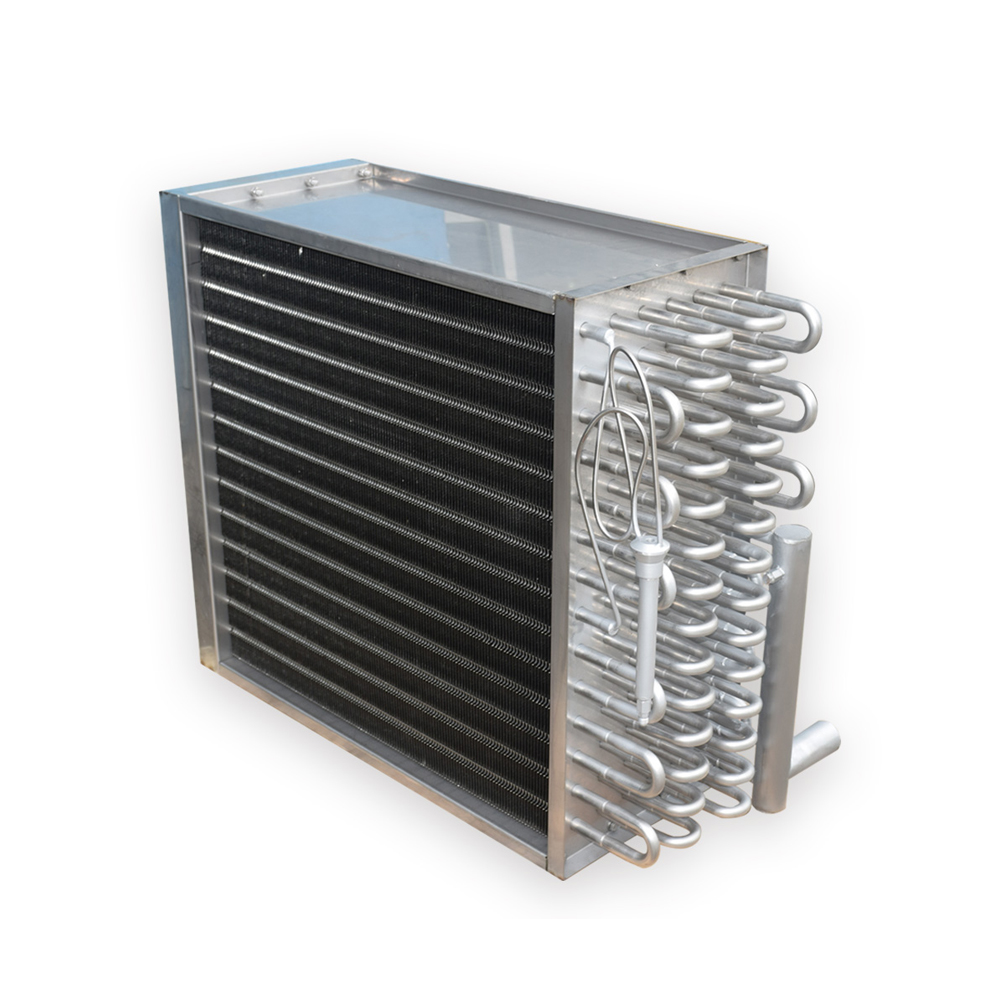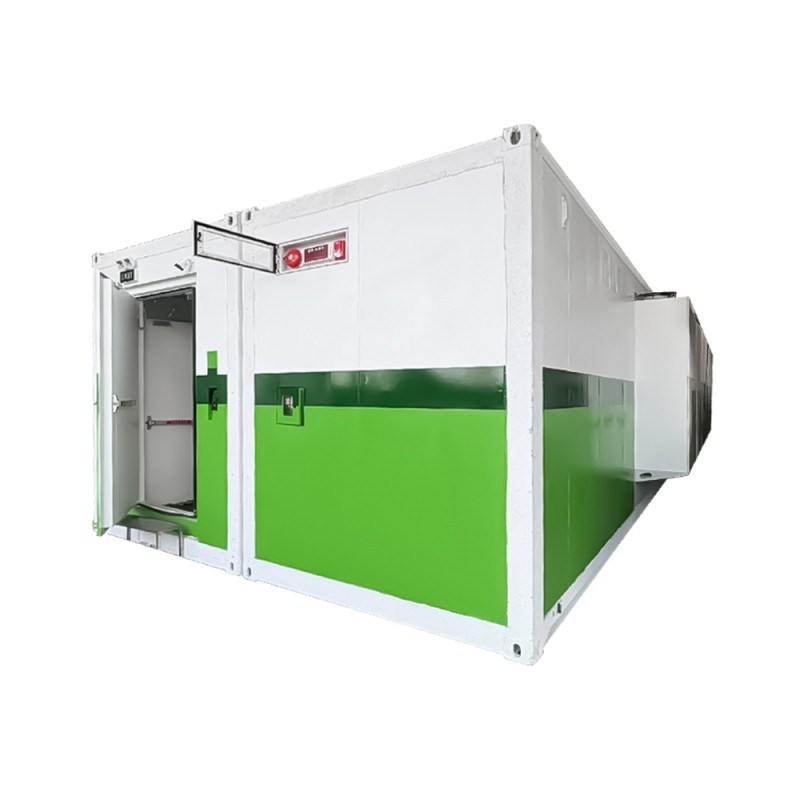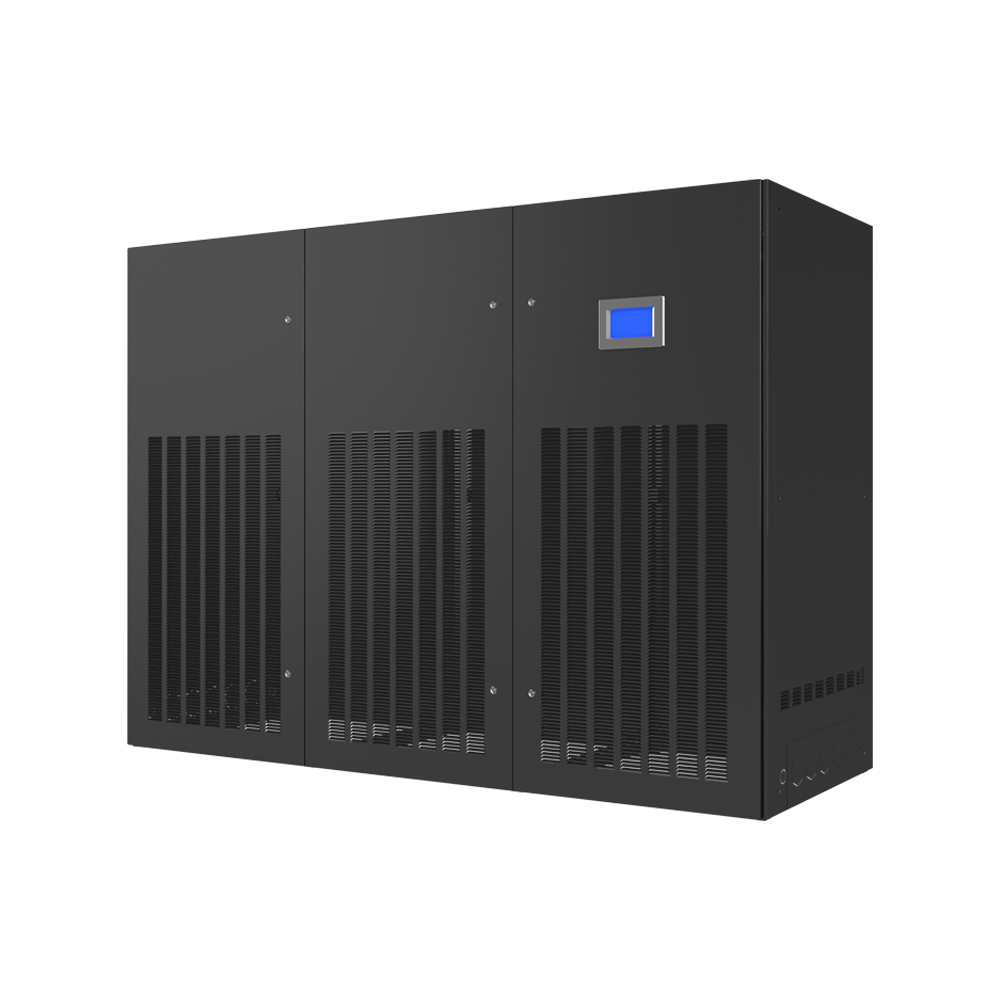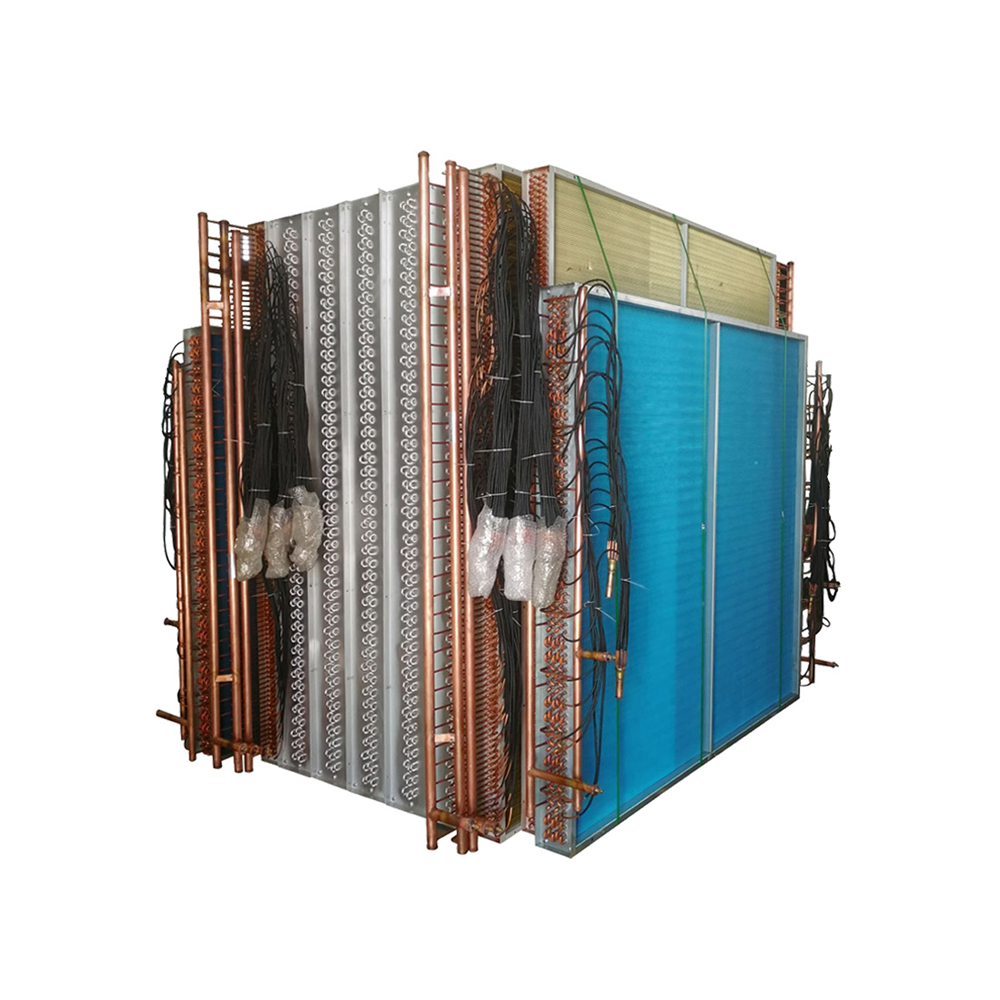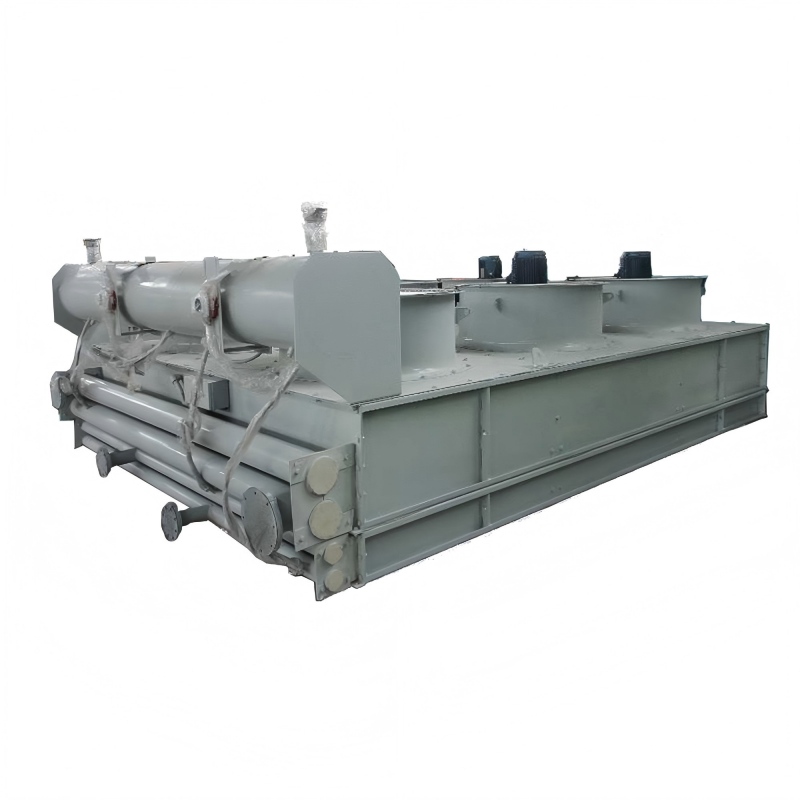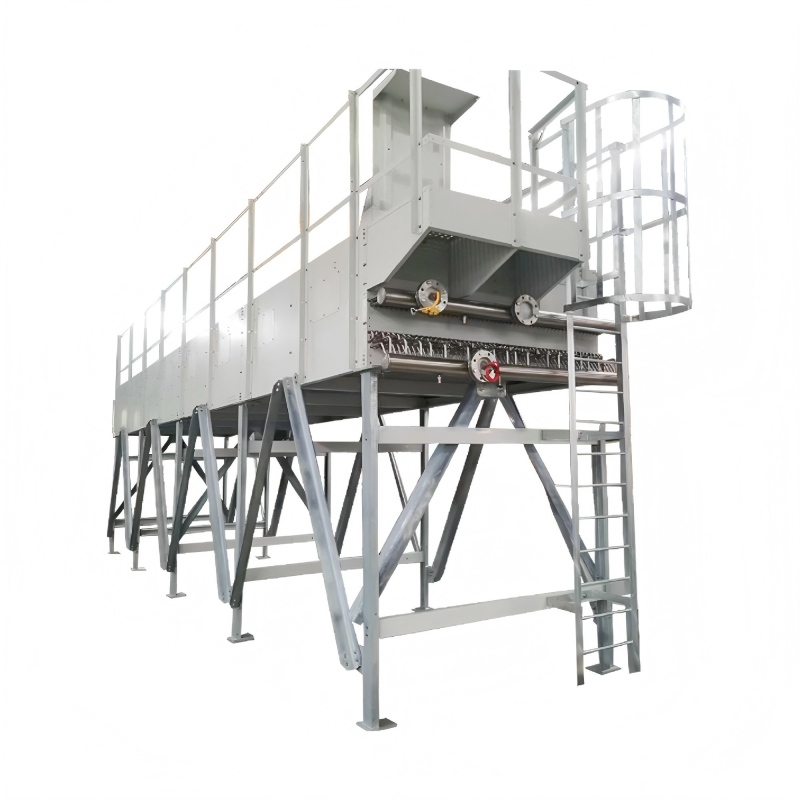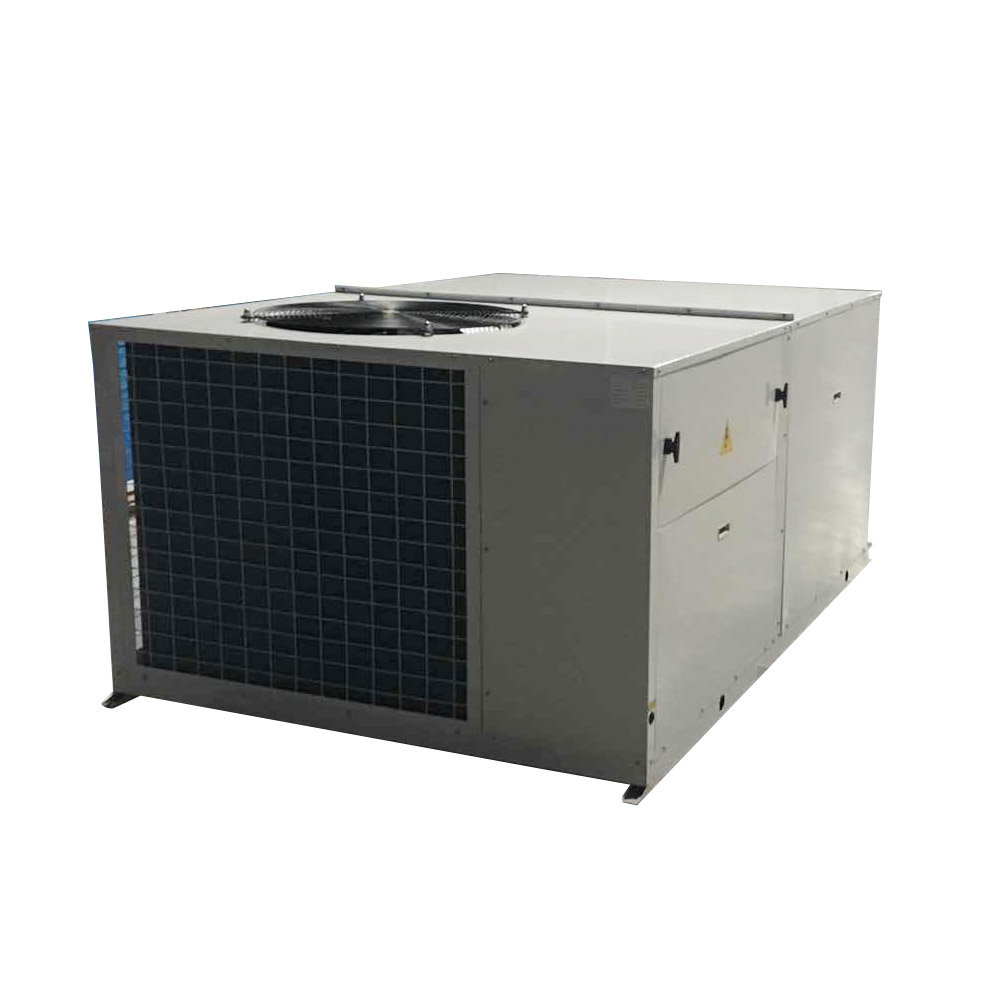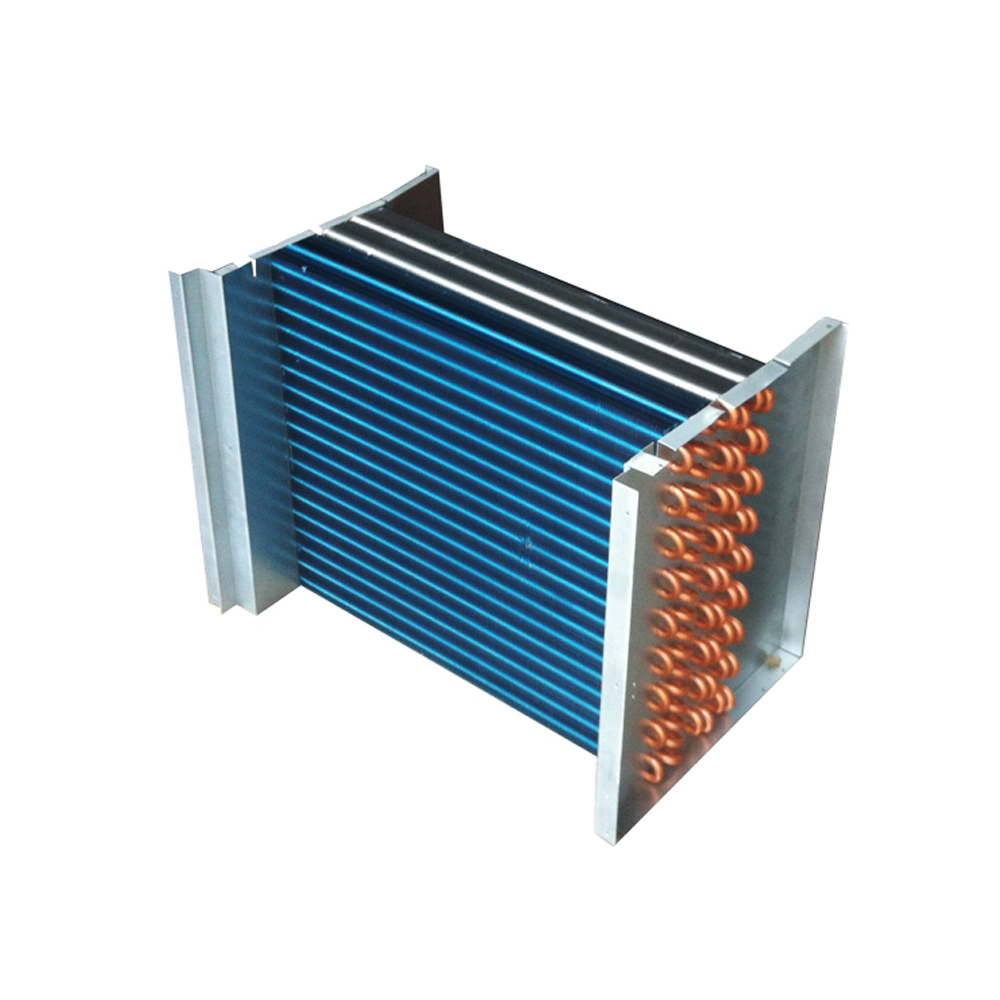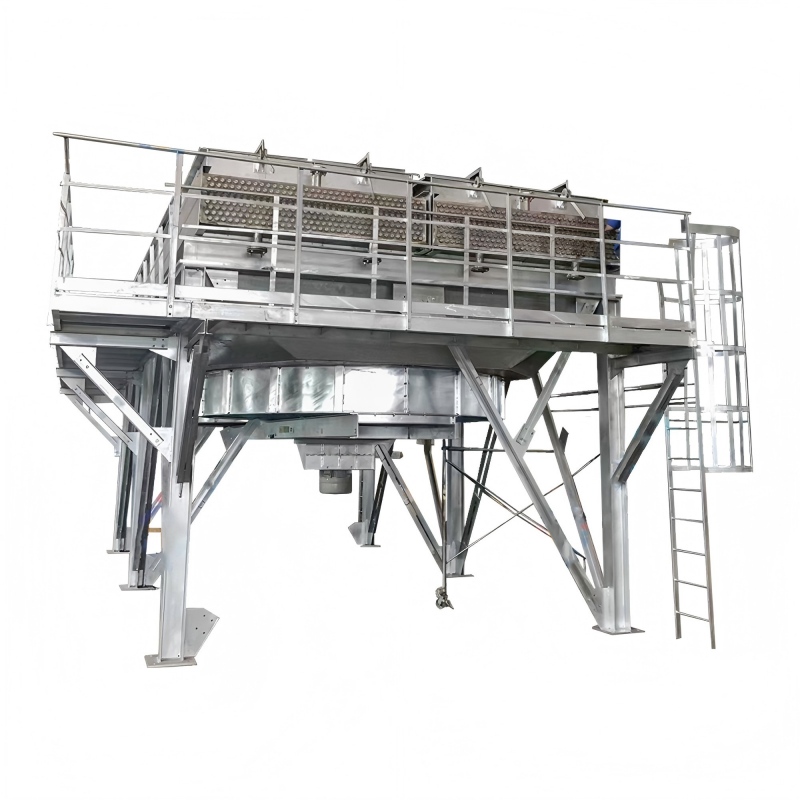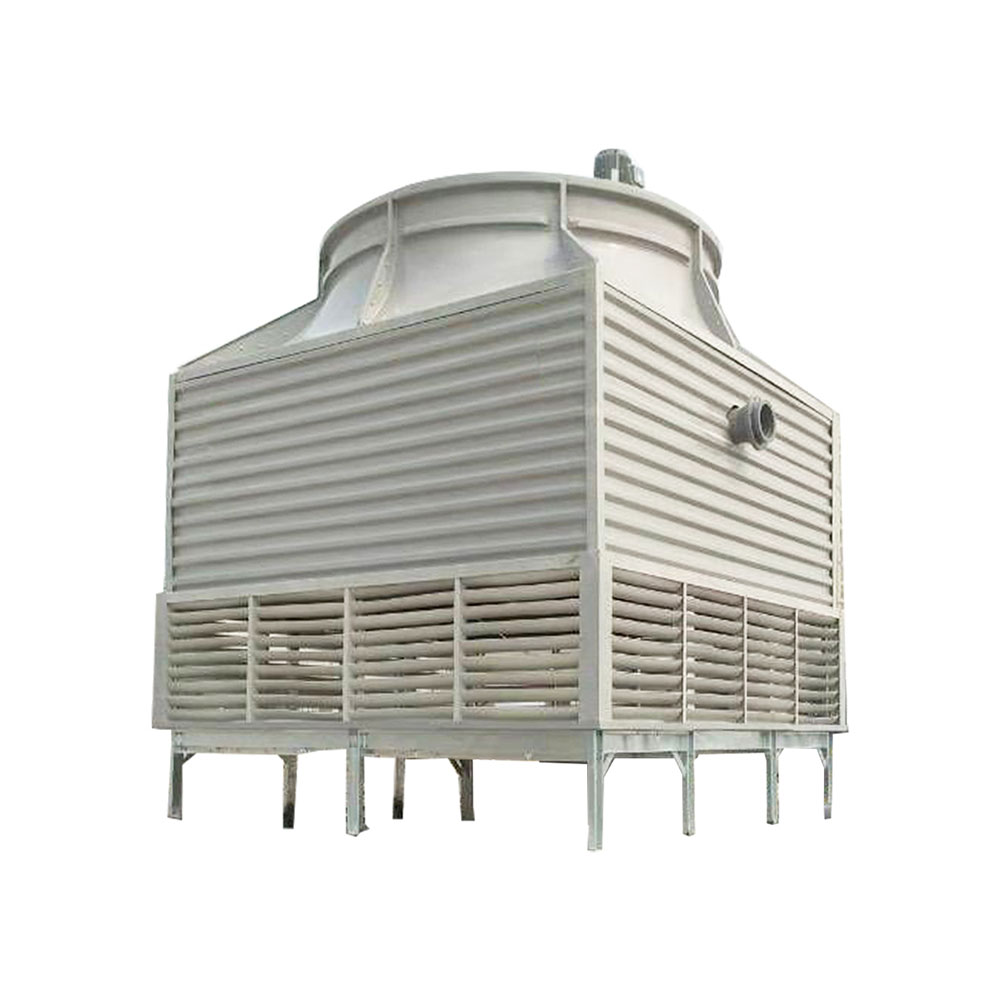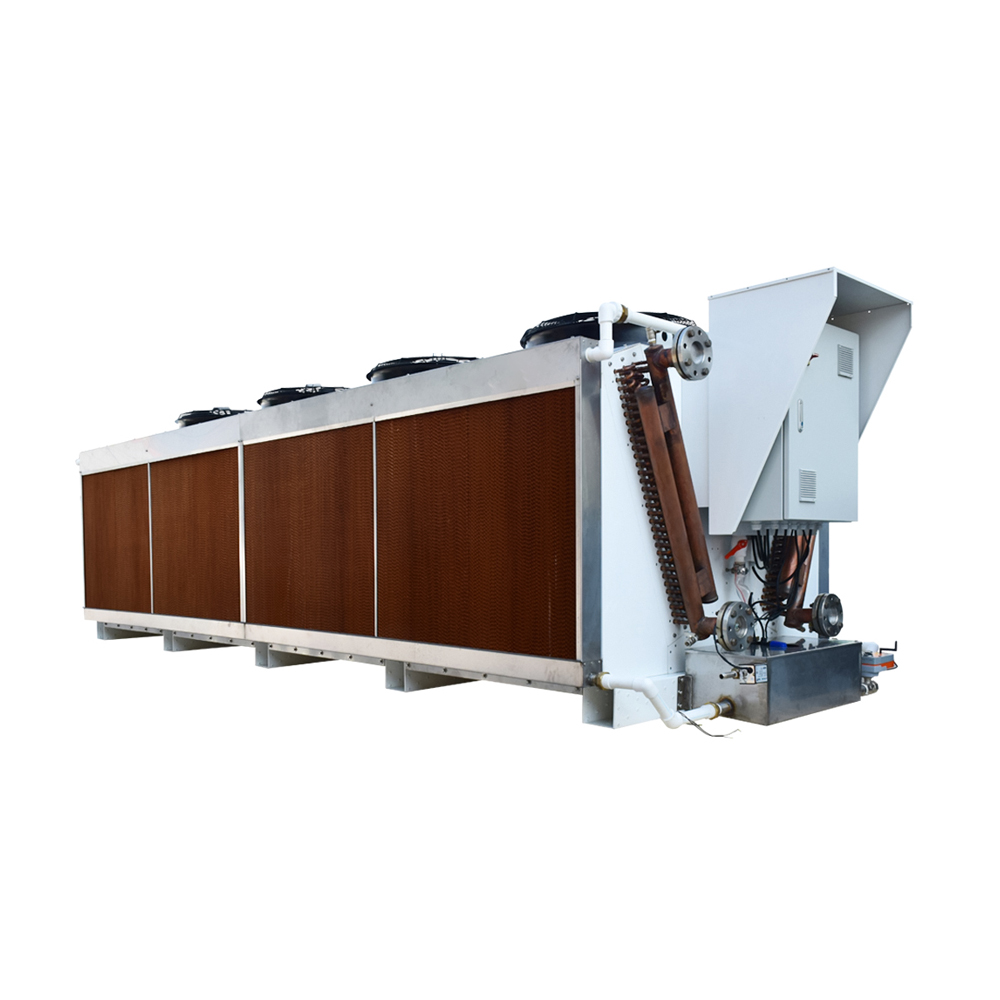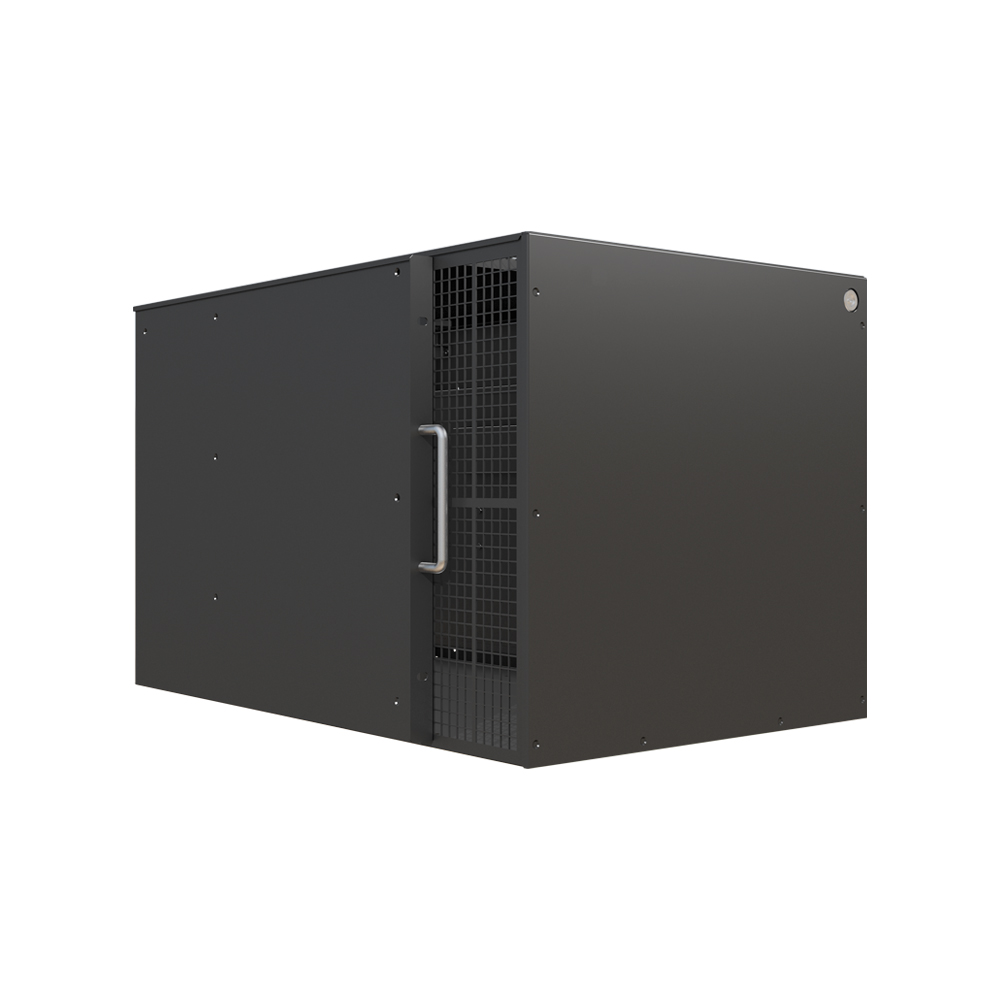Choosing the right air-cooled condenser can significantly impact the efficiency and lifespan of your refrigeration or air conditioning system. This guide provides an in-depth analysis of factors to consider, helping you select the best option for your specific needs. We'll explore various types, sizes, and key features, ensuring you make an informed decision. Learn about efficiency ratings, maintenance considerations, and factors influencing longevity to optimize your cooling system's performance.
Understanding Air-Cooled Condensers
What is an Air-Cooled Condenser?
An air-cooled condenser is a heat exchanger that dissipates heat from a refrigerant by transferring it to the surrounding air. Unlike water-cooled condensers, they don't require a water source, making them convenient and cost-effective in many applications. They are commonly used in refrigeration systems, air conditioning units, and industrial processes.
Types of Air-Cooled Condensers
Several types of air-cooled condensers cater to different needs. Common types include:
- Fin-and-tube condensers: These are the most common type, featuring refrigerant tubes surrounded by fins to maximize surface area for heat transfer. They're known for their reliability and cost-effectiveness.
- Plate-fin condensers: These condensers use a series of stacked plates with fins to increase surface area. They are often preferred for their compact design and high efficiency.
- Shell-and-tube condensers: These are typically larger units used in industrial applications requiring high cooling capacity. The refrigerant flows through tubes within a shell, and air is blown across the shell to facilitate heat transfer.
Factors to Consider When Choosing an Air-Cooled Condenser
Cooling Capacity (BTU/hr)
The cooling capacity, measured in British Thermal Units per hour (BTU/hr), dictates the condenser's ability to remove heat. Choose a condenser with a capacity sufficient for your specific application to ensure optimal performance. Oversizing can lead to wasted energy, while undersizing can result in poor cooling and system failure.
Refrigerant Type
The compatibility of the condenser with your system's refrigerant is crucial. Common refrigerants include R-410A, R-134a, and R-22 (though R-22 is being phased out in many regions). Ensure your chosen air-cooled condenser is compatible with your system's refrigerant type.
Efficiency Ratings
Look for condensers with high energy efficiency ratings (EER or SEER). These ratings indicate how effectively the condenser converts energy into cooling power. Higher ratings translate to lower operating costs and a smaller environmental footprint.
Airflow and Ambient Temperature
The condenser's airflow requirements and its performance in various ambient temperatures are important considerations. Ensure the unit's airflow capabilities match your installation environment. Consider the ambient temperature range in your location and select a condenser capable of operating efficiently under those conditions.
Size and Dimensions
Consider the available space for installation. Measure the available area carefully to ensure that the chosen air-cooled condenser fits comfortably. Also account for clearance requirements for airflow and maintenance.
Maintenance and Durability
The materials and construction of the condenser impact its durability and maintenance requirements. Look for robust construction using corrosion-resistant materials to extend its lifespan. Regular cleaning and maintenance are essential for optimal performance.
Top Brands and Models (Examples Only - Further Research Recommended)
Several reputable manufacturers produce high-quality air-cooled condensers. Researching specific models from leading brands will provide more detailed specifications and performance data. Note that this is not an exhaustive list and further research is strongly recommended.
Choosing the Right Air-Cooled Condenser for Your Needs
Selecting the ideal air-cooled condenser requires careful consideration of several factors. By assessing your cooling needs, understanding the available options, and prioritizing efficiency and durability, you can make an informed decision that will optimize your cooling system's performance and longevity. For more information on high-quality and efficient air-cooled condensers, consider exploring the offerings from Shanghai SHENGLIN M&E Technology Co.,Ltd. Their expertise in cooling solutions can help you find the perfect fit for your project.
Remember to always consult with a qualified HVAC professional for advice tailored to your specific application and building requirements.









